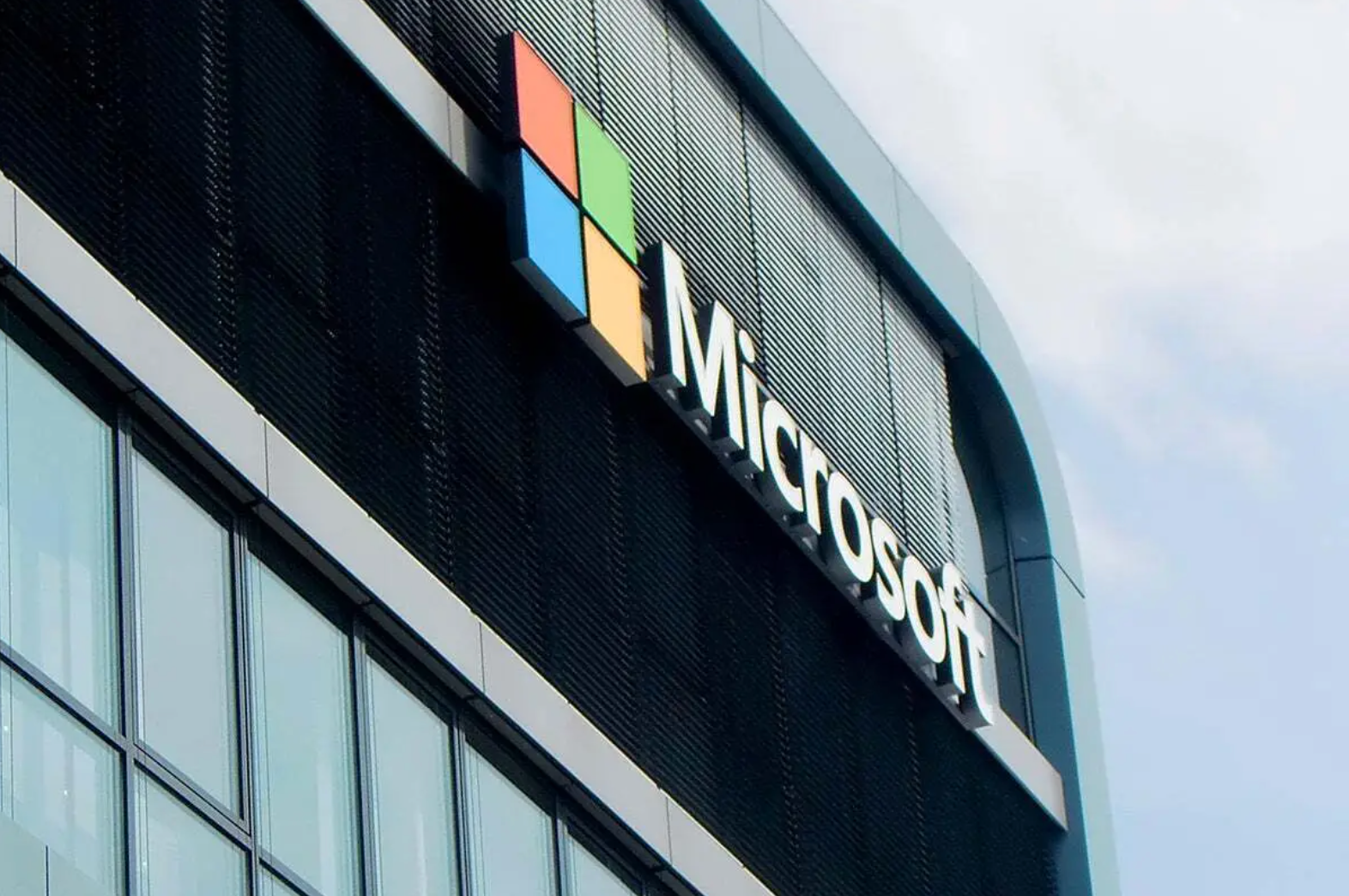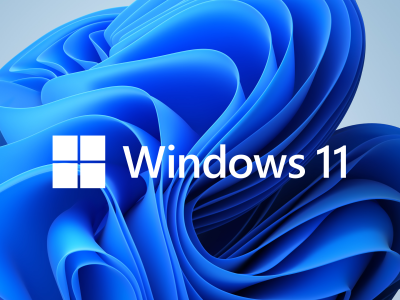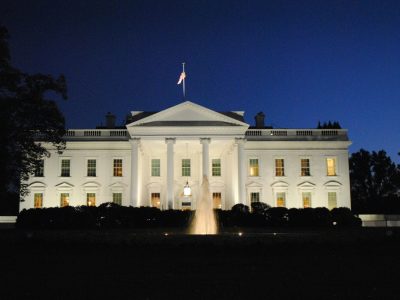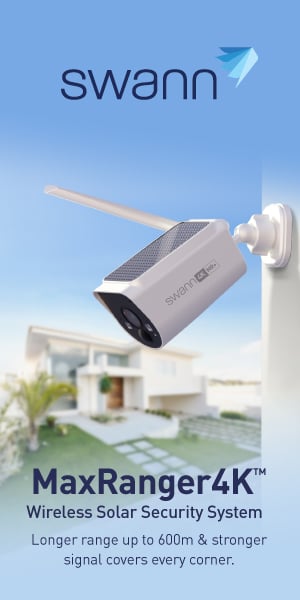An incendiary report from a tax transparency group shows that Microsoft is using a number of tax-minimisation tactics to pay less tax in Australia.
The Centre for International Corporate Tax Accountability and Research issued a damning 36-page report that outlined a series of tax havens, and showed how the company’s setup, involving a maddening web of subsidiaries, means that while Microsoft reported operating profits of over 30 per cent to its shareholders, it is claiming profit margins as low as 5 per cent in Australia.
Australia is used as a case study in the CICTAR report, due to our relatively transparent reporting system.
“Relatively strong tax transparency requirements in Australia makes this a valuable case study of Microsoft’s alleged global profit shifting,” the report reads.
“The Australian Taxation Office annually discloses tax payments made by the largest corporations operating in the country. This data clearly exposes Microsoft’s low tax payments and low profit margins at the national level compared to global reporting.”

In Australia, explains the report, Microsoft’s primary subsidiary is Microsoft Pty Ltd, which is owned by both Microsoft Ireland Research and Microsoft Ireland Operations Ltd.
This is complicated by the fact that MIOL is owned by MIR, now owned by Microsoft Round Island One, which is a tax-resident in Bermuda and owned via a Bermuda holding company.
To see how tangled Microsoft’s web of subsidiaries is, the ‘simplified corporate structure’ is below.

Microsoft Ireland Research had income from royalties of US$33.5 billion in 2020 and US$25.8 billion in 2019 but reported income tax expenses of only US$1.8 billion (2020) and US$1.2 billion (2019).
The report notes MIR’s tax expenses were significantly lower than “the already low Irish statutory corporation tax rate of 12.5 per cent.”
After the end of the financial year, “the company approved funding of US$5 billion for its subsidiaries”, of which its 2020 annual report lists 18, including two in the Isle of Man, and one in Singapore.
“Along with Bermuda, Ireland, the Netherlands, and Luxembourg, the Isle of Man and Singapore are frequently used as tax havens by multinationals,” the report notes.
Interestingly, of the 18 subsidiaries MIR listed, Microsoft “do not include the Australian company.”
“It traces billions of dollars in financial flows between companies that have zero employees and claim residency in known secrecy jurisdictions including Luxembourg, Singapore, Bermuda, Ireland, and the Netherlands,” CICTAR claims.
“Even in subsidiaries with employees, it appears that the shell games and potential profit shifting still dominate.
“Significant related party payments appear to shift profits to where they are taxed the least or not at all. Ireland’s tax rate of 12.5%, compared to 30% in Australia, may still be too high for Microsoft.”

Microsoft Pty Ltd (Australia) revenue in 2021 was over A$5 billion, with profit before tax of A$231 million and income tax expense A$91 million.
These results “represent a substantial decline in profit margin compared to previous years for which the ATO has data,” CICTAR writes.
“The calculated profit margin for 2021 would be around 4.5 per cent, a large difference from the global profit margin of 42.3 per cent.
“Microsoft engages in extensive related party transactions which could facilitate profit shifting to other jurisdictions.
“These include interest payments, purchases of goods and services, commission payments, deferred costs and debts. In 2021, Microsoft purchased over A$3.4 billion in goods and services from related parties.
“Such purchases are at prices set by the company and cannot be independently verified with reference to “market” rates. As at the reporting date, Microsoft owed over A$1 billion to related parties and was due over A628 million from related parties.
“Related party purchases of this Australian subsidiary represent nearly 70 per cent of A$5 billion in total revenue for the year. Are these related party purchases potentially shifting significant profits offshore to avoid tax in Australia?”
The report also shows:
Microsoft’s primary Australian subsidiary reported over A$1.1 billion in deferred costs payable to related parties in 2021.
Microsoft paid dividends of A$220 million and had a further A154 million in unrecognised amounts for dividends.
“These transactions may go a long way in explaining Microsoft’s low profit margins and low tax payments in Australia,” CICTAR concludes.
“This pattern of apparent aggressive tax avoidance could be repeated in other countries worldwide.”
The report notes that, “due to better enforcement by the Australian Taxation Office compared to other jurisdictions, Microsoft may pay a higher rate of tax in Australia than in many other countries.”

In addition, Microsoft has been awarded over A$634 million in federal government contracts, A$270 million of which was awarded since 2017.
The majority of these contracts are for Defence (AU $90 million), Services Australia (AU $42 million), the Department of Education, Skills and Employment (AU $13 million), the Digital Transformation Agency (AU $11 million) and the Department of Home Affairs (AU $10 million).
The remaining AU $100 million in contracts is spread across a wide range of federal government agencies.
In addition, Microsoft received over $14 million in state-funded contracts in NSW, while a “rapid evaluation process” saw Microsoft score a contact with Victoria’s Department of Health for the COVID-response app.
“Unlike in other states, the cost of the platform increased over the course of the contract, from an initial cost of AU $5.8 million over six months to a total of AU $18 million over 18 months,” the report notes.
Among the numerous recommendations from the report’s author is perhaps the most obvious:
“Governments worldwide can and should demand that Microsoft open its windows to public scrutiny, and demonstrate fair tax practices, before any new contracts are awarded.”













































